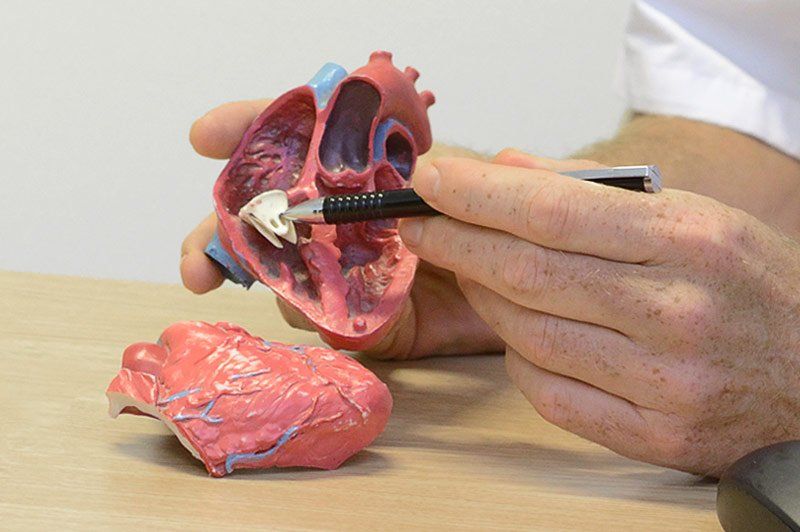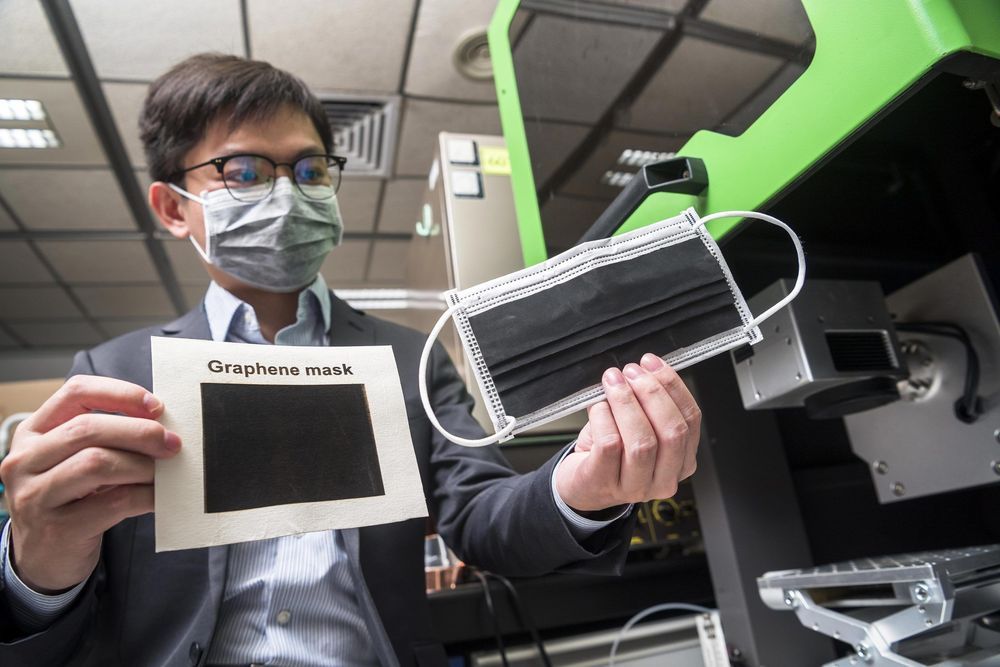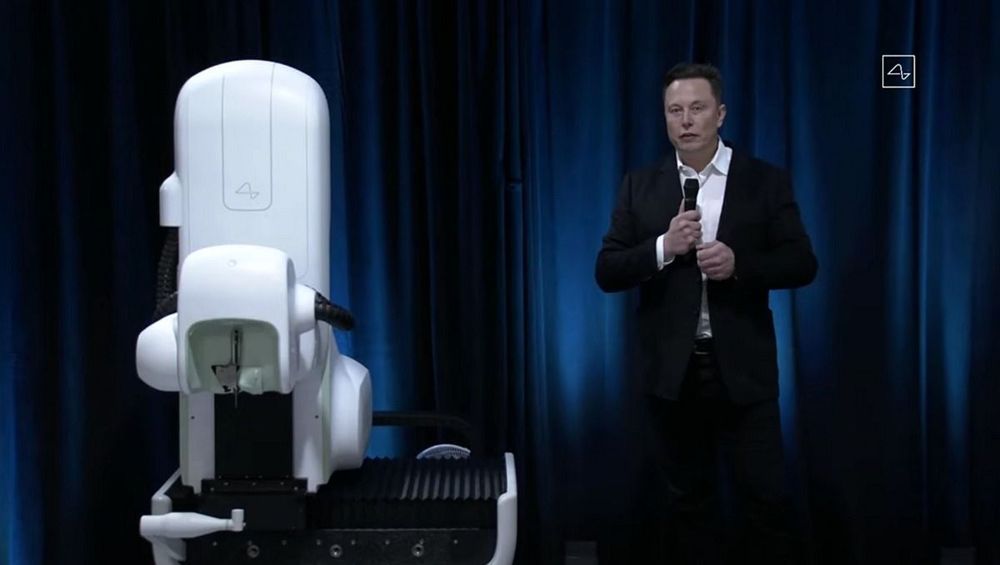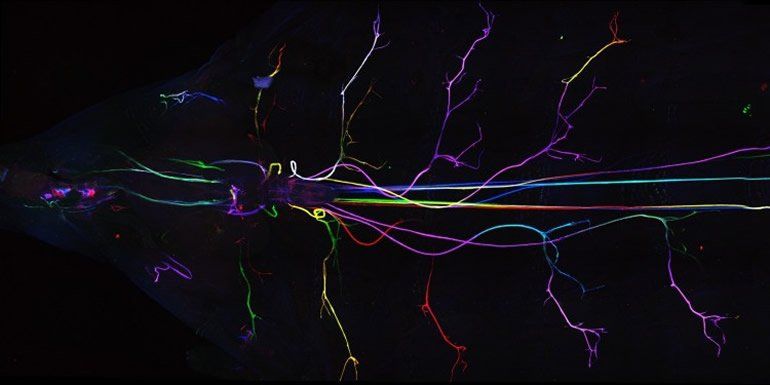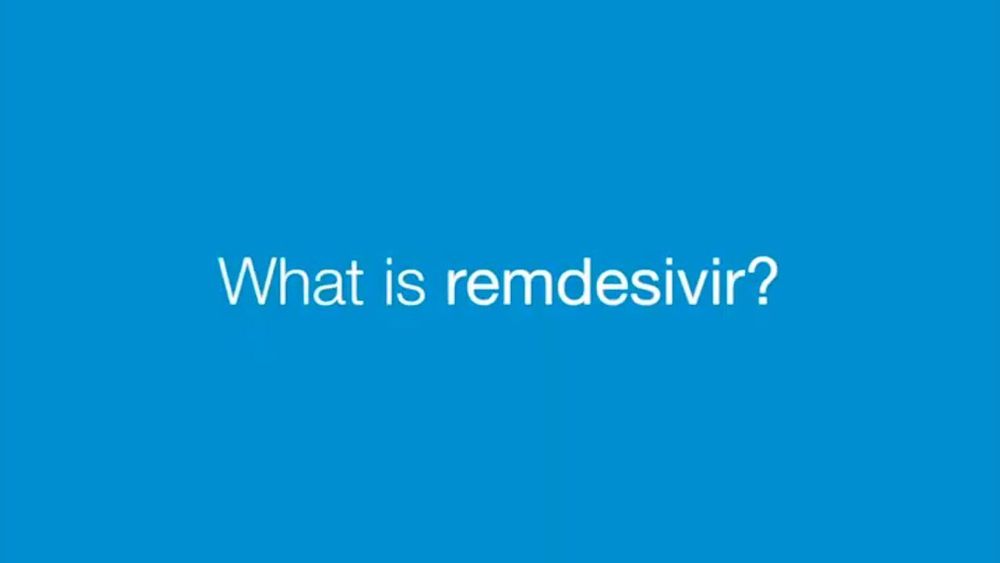Sep 14, 2020
Ultra-fast 3D bioprinter makes body parts in a flash
Posted by Shailesh Prasad in categories: 3D printing, bioprinting, biotech/medical
Volumetric Bioprinting
Recreating human body parts using a 3D printer. This is possible in the Netherlands with the new bioprinter developed by Utrecht University and UMC Utrecht. This printer can be used to make models of organs or bones, amongst other things. These printed models can be made up of living cells on which medication can be tested, for instance.
Conventional 3D printers work by stacking plastic layers on top of each other. This build-up of layers creates a three-dimensional figure. There are already countless possibilities with these standard 3D printers. Science has been looking for years at how this technique can be applied across different areas.
Continue reading “Ultra-fast 3D bioprinter makes body parts in a flash” »
